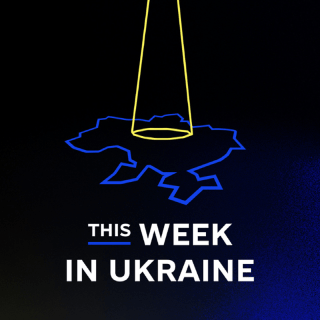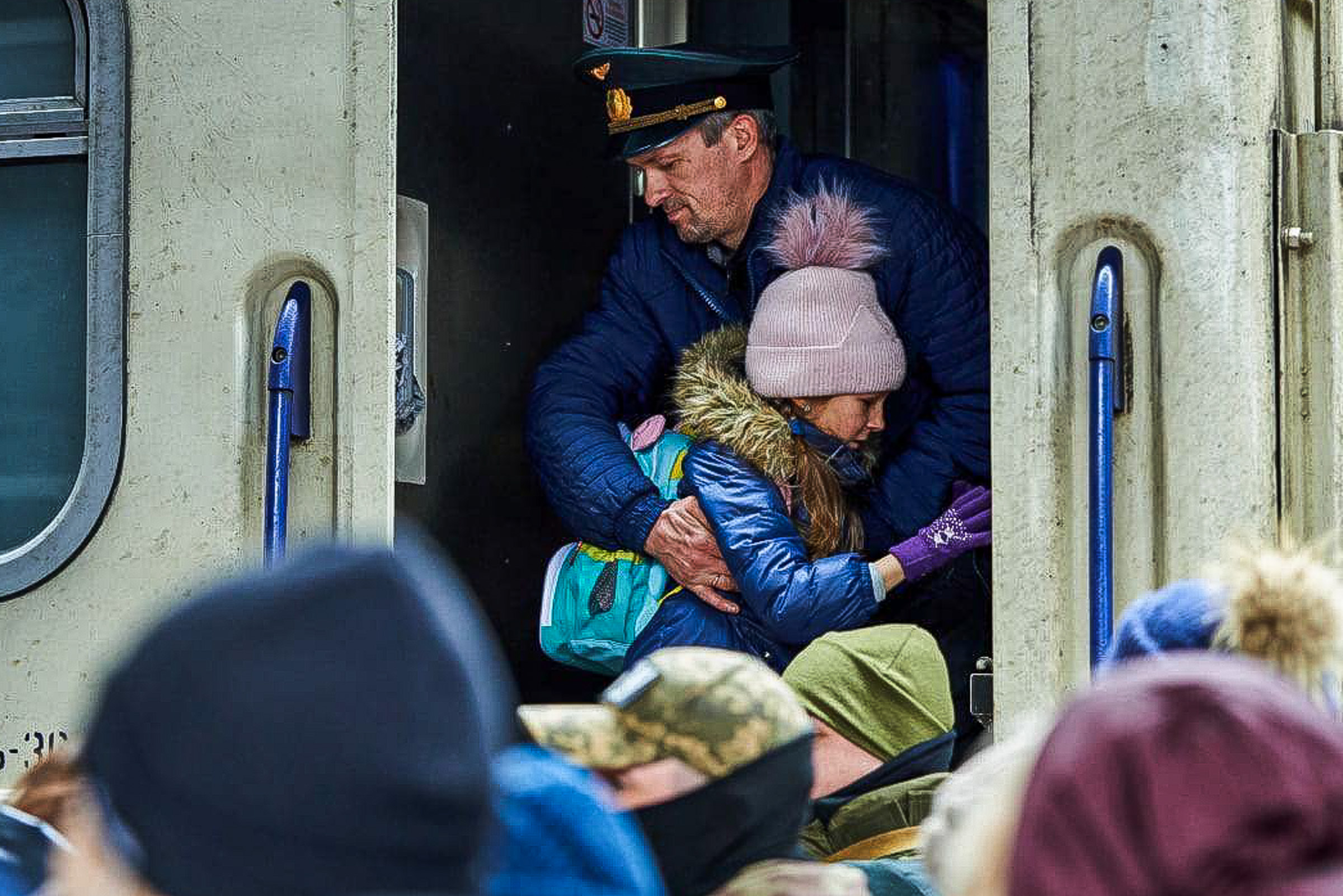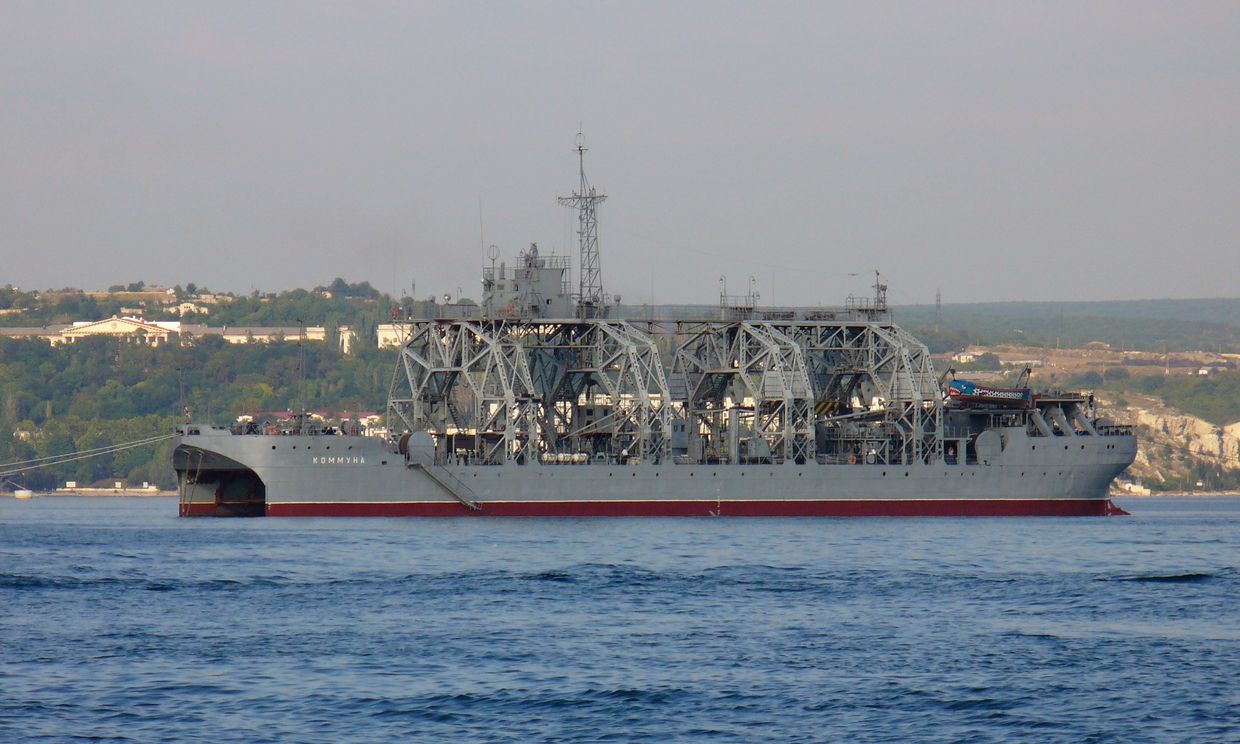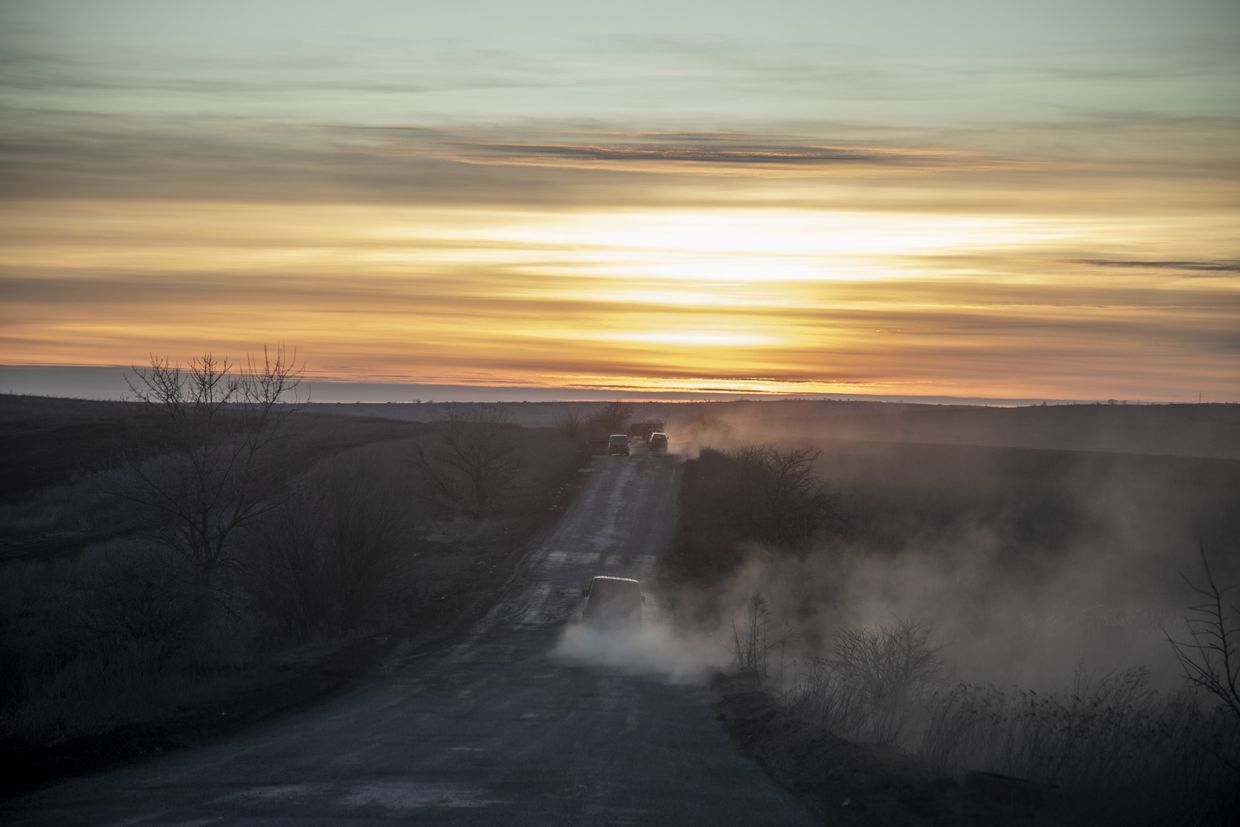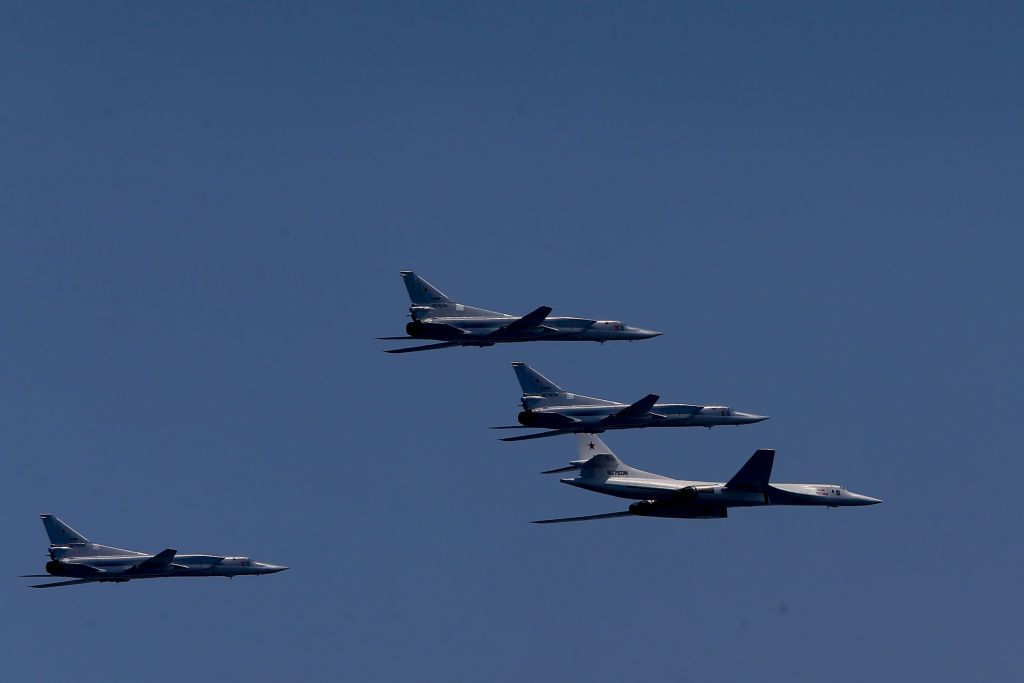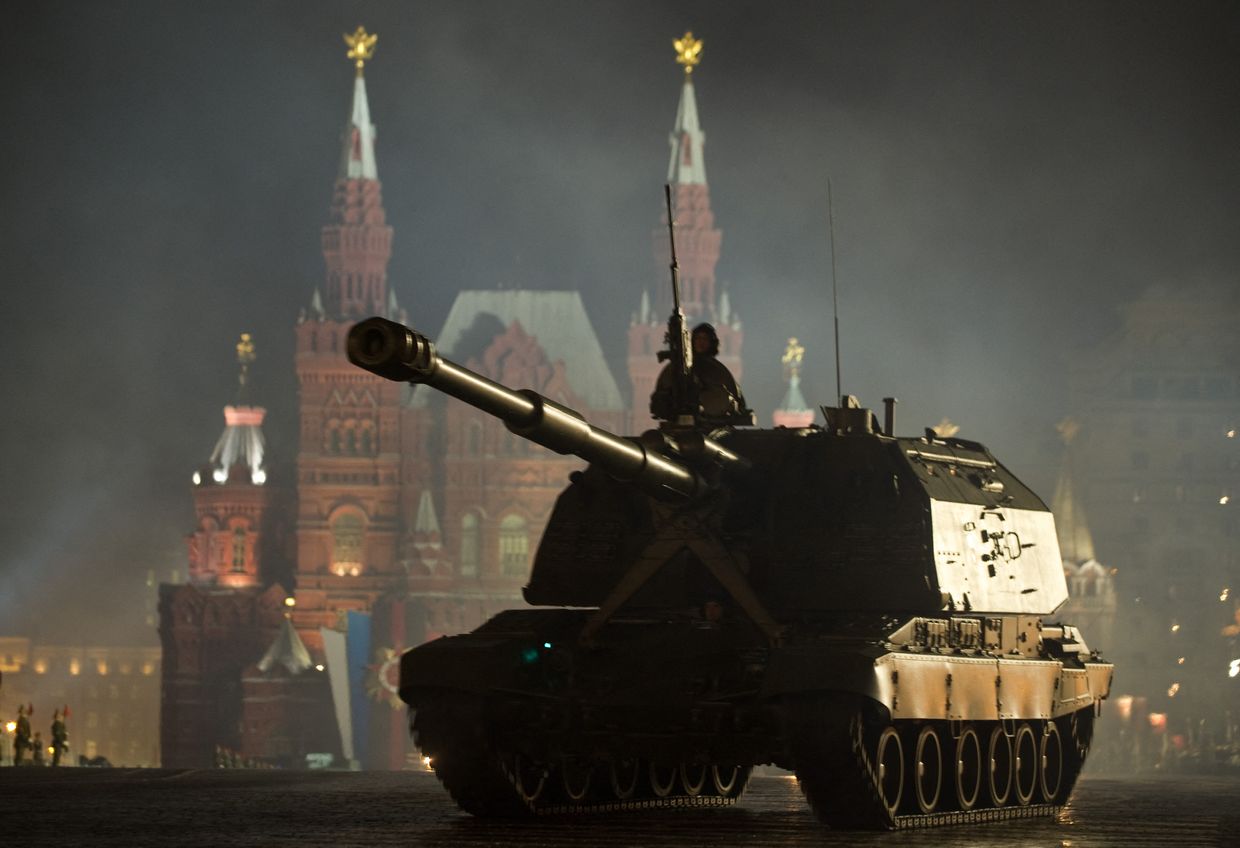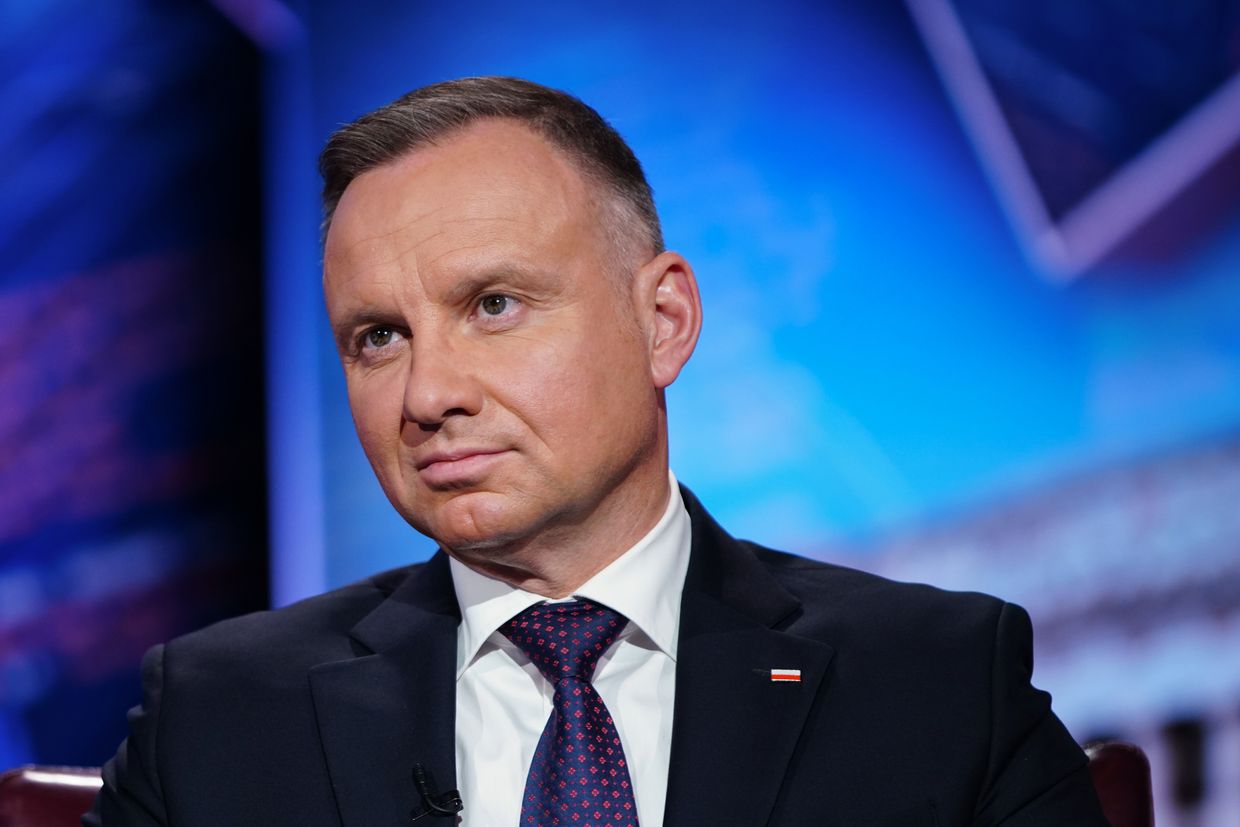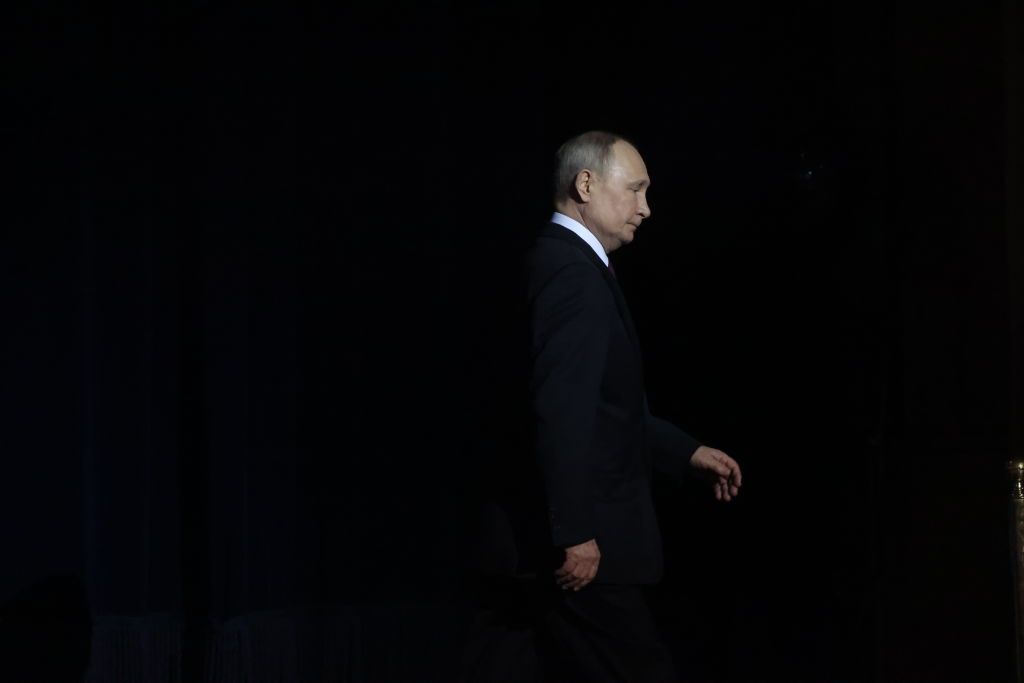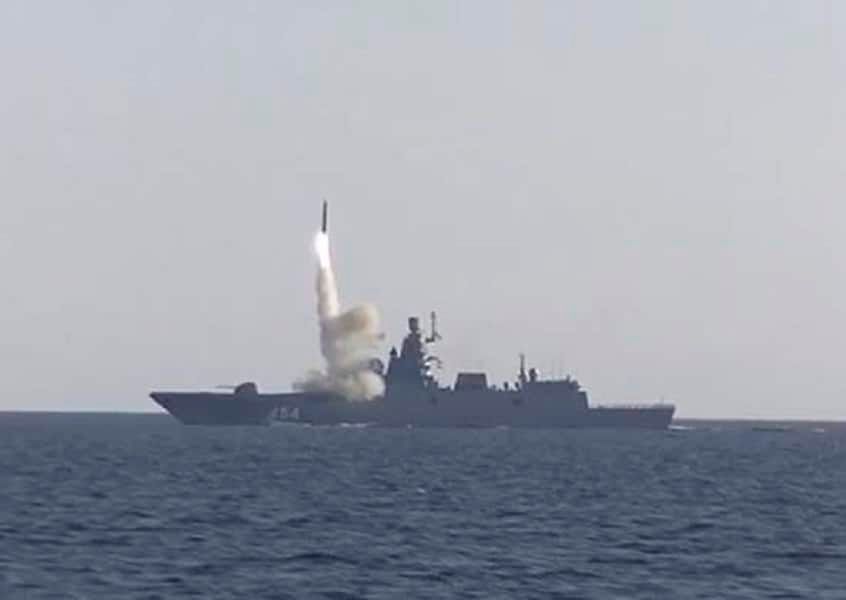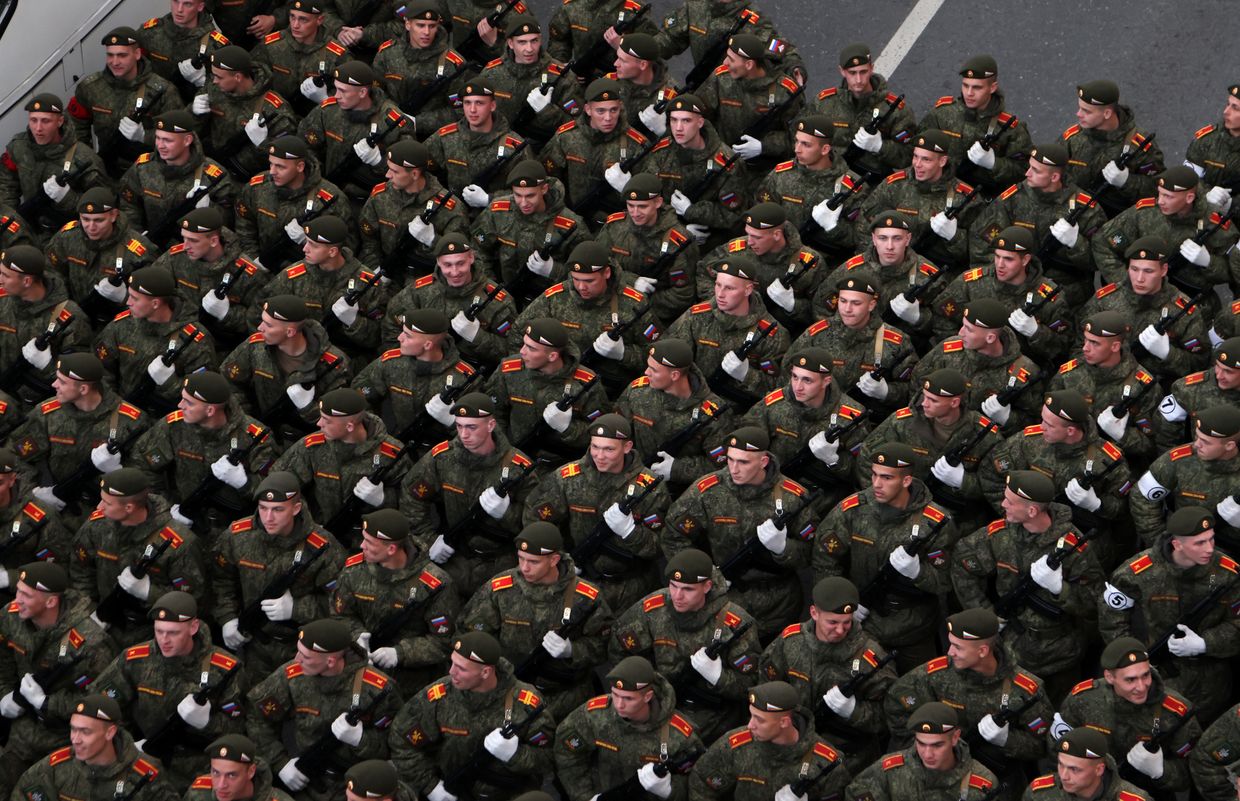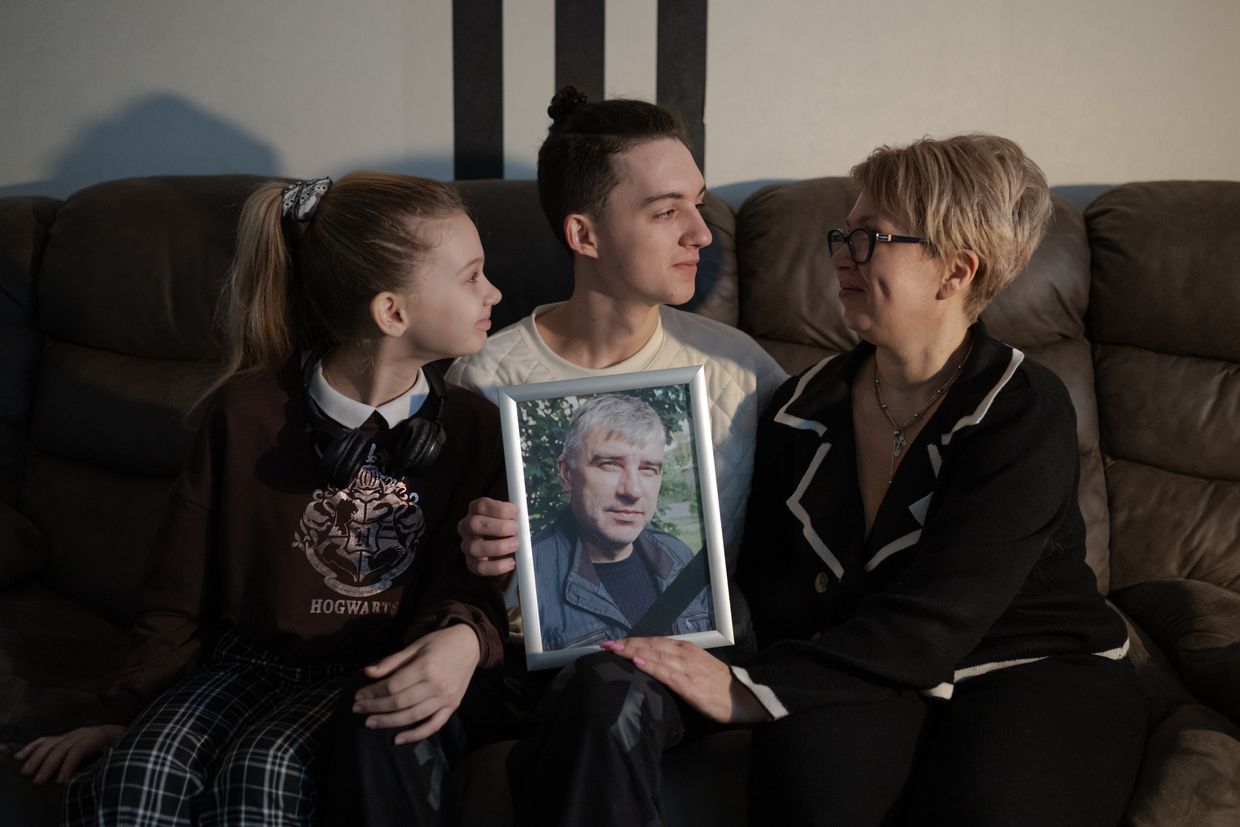From the early days of the war, Ukrainian Railways, or Ukrzaliznytsya, has become central to the country’s life and defense.
Ukrzaliznytsia has been helping the army by producing anti-tank hedgehogs and transporting the uncollected bodies of Russian soldiers killed on the front lines.
Its role in helping civilians is even greater. Trains have been running back and forth, taking people out of war hotspots, and bringing humanitarian aid in. In a little over a month, Ukrzaliznytsia has delivered over 8,000 tons of aid and evacuated over 3 million people to safety.
To do so, railway workers have been risking their lives.
https://www.youtube.com/embed/VPDj6PRMOpc
Dedicated to saving others
Natalya Babicheva, 48, was a train attendant who took people from Ukraine’s war-torn east to the relatively safe west.
The evacuation train she worked on was on its way to pick up children from the Donbas when it came under fire. This happened shortly before the train’s arrival at the station in the town of Liman late on March 12.
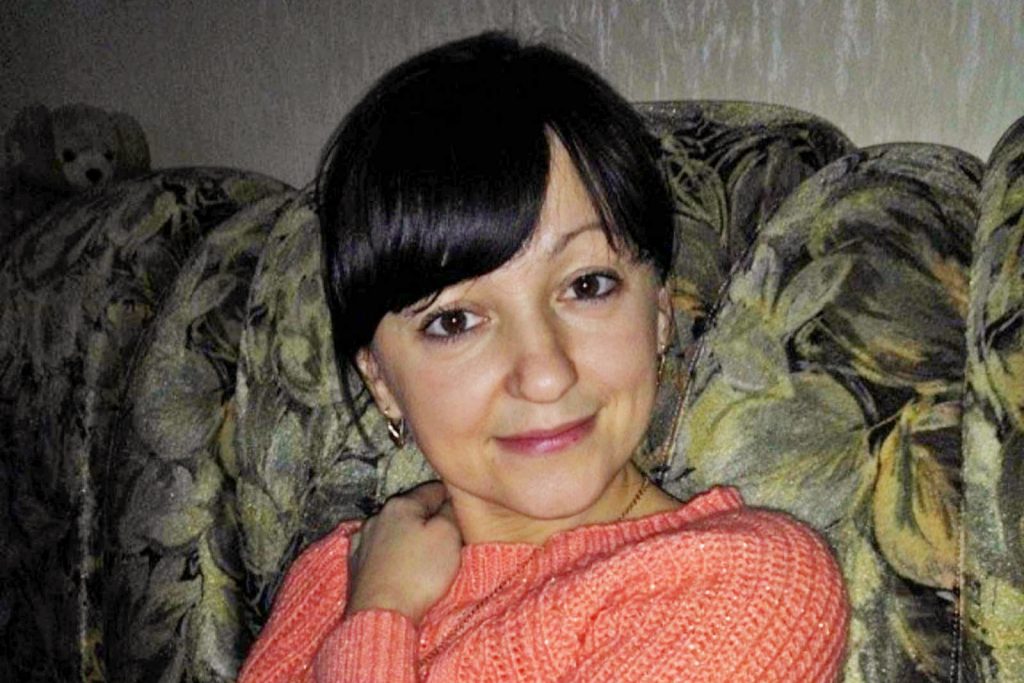
Shrapnel hit Babicheva’s neck. She died of blood loss in the hands of her husband, who worked with her.
“She loved life so much,” said her friend and colleague Iryna Haidai, sobbing.
Haidai is a train crew instructor who formed the team for this evacuation train. She said that Babicheva could not stand aside and watch as people suffered.
“She told me that she was inclined to take this job because, as she told me: ‘It is the only way I could help people’,” Haidai said, recalling a conversation she had with Babicheva.
Her husband Andriy now wants to continue his wife’s legacy and get back to evacuating people from war hotspots, Haidai said.
Andriy buried Natalya in their hometown of Krasnohorivka, which lies on the Donbas front line.
“Her husband told me it was a very quick funeral due to the heavy shelling,” Haidai said.
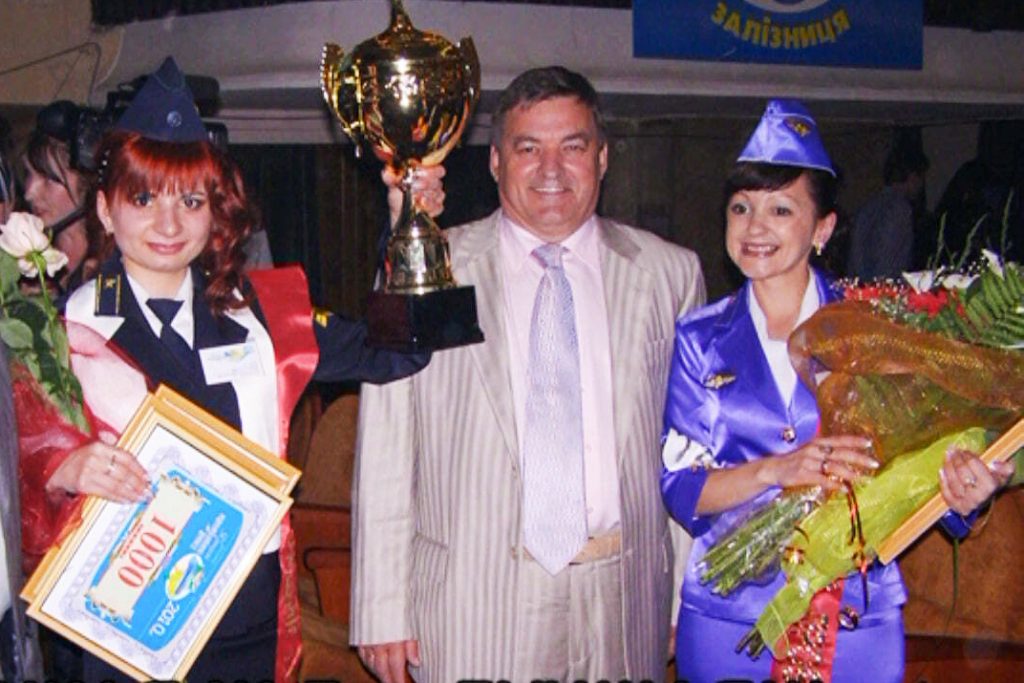
Babicheva is among the 71 railway employees who have been killed in Ukraine since the full-scale war broke out in late February. The count includes Ukrzaliznytsia employees killed by Russian attacks both while working and off-duty.
“She loved her work very much. She hadn’t achieved her full potential. She was a train attendant. I always said that she should have been at least a train administrator,” Haidai said. “She just wasn’t given enough time.”
Fitting everyone in
Oleksandr Besarab, 32, a train administrator, has been on the front line of Ukrzaliznytsia's evacuation efforts since the very start of the war.
Instead of the usual six days his shift has already lasted for a month with no days off.
“We are lucky to have never come under shelling even though we have been working non-stop for these past four weeks,” Besarab said.
He and his team of 20 railway workers ended up living on the train for the entire month. They had to apply additional security measures: shut the lights off at night and draw the curtains so as not to attract unwanted attention.
Not only their routine but their route also changed.
On the day the war started, Besarab’s train was on its way from the western city of Rakhiv to the southern city of Mykolaiv, his hometown. The train never made it to its point of arrival.
“Our train route went through Kherson and the occupiers were already there,” he said. “I was very anxious. My family was in Mykolaiv, which was being shelled,” Besarab said.
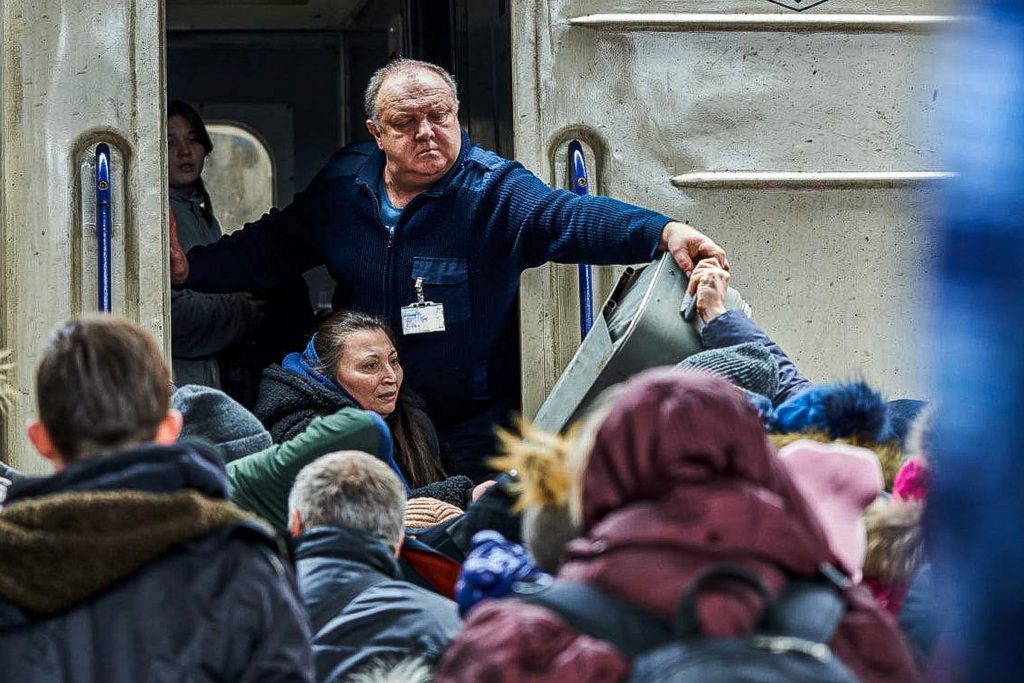
Going to Kherson was dangerous so the train got stuck in the city of Kryvyi Rih, which eventually became its final stop. Ever since then, the train has been making evacuation trips between the central city and the west.
The biggest challenge for Besarab has been curbing panic.
“The first days were hot,” he said, “I mean there were so many passengers… People were sitting on one another.”
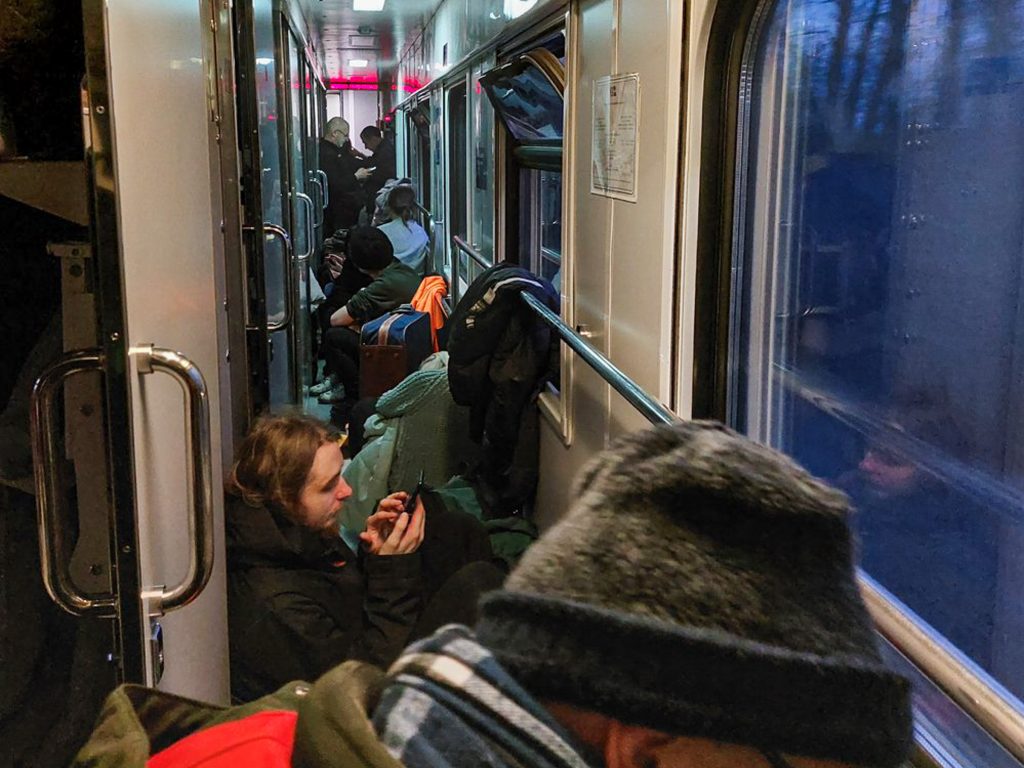
“Imagine, normally you have 30 passengers in the carriage, but now you have 200,” Besarab went on. “We closed the train car’s doors and then realized that the people standing in the airlock couldn’t even move..”
It was difficult for people both mentally and physically, he said. Some had chest pains, others panic attacks.
Besarab would walk along the train car calming the passengers down.
“It was tough,” Besarab recalls having a short break now.
“I think it is morally wrong to leave people behind, especially in wartime,” he said, preparing for his next shift.
Cut off
Some workers of the railway found themselves in the epicenter of combat immediately after the war broke out.
They were unable to help the others. They sought help themselves.
Olena Francuzova, 53, is head of Mariupol railway station. Her peaceful city on the shore of the Azov Sea in the Donbas turned into a war hotspot overnight.
“It was very difficult. We were constantly in the basement under shelling,” she said.
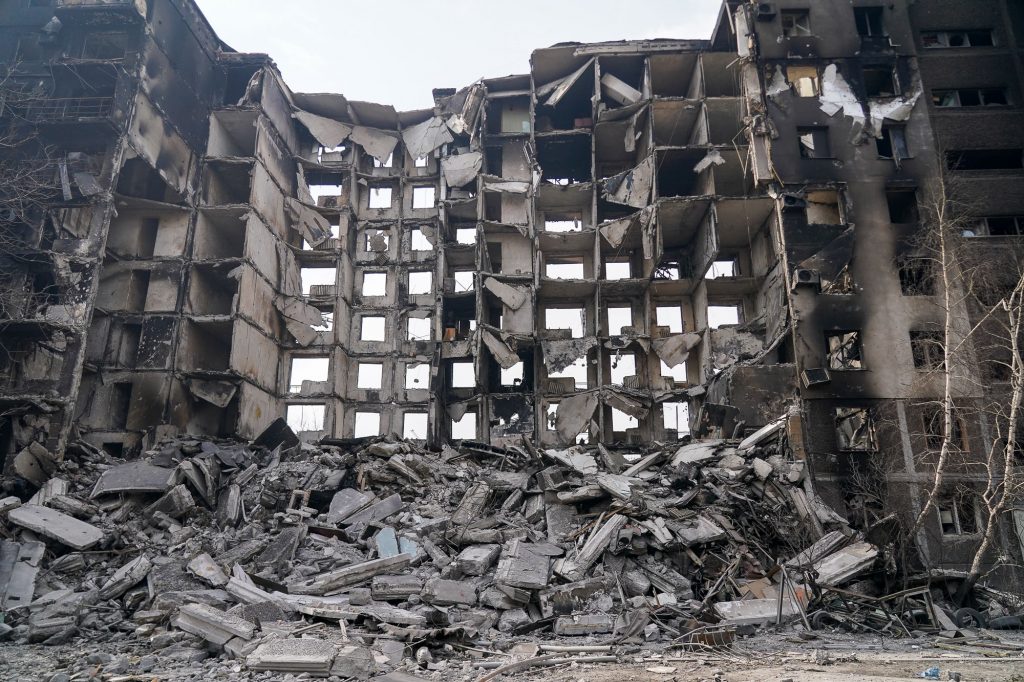
Mariupol railway station had managed to keep working until Feb. 27. Then the Russian army destroyed the nearby station in Volnovakha and cut Mariupol off.
“The only way out was through Volnovakha,” Francuzova said.
She managed to escape the besieged Mariupol after three weeks. Many of her colleagues have yet to leave.
“We are in touch with all the railway workers,” she said.
“The people who have stayed in the occupied territory, they also want to get out of there and get to a part of the country that is like where they lived and worked, and which they love,” Francuzova went on.
Ukrzaliznytsia not only evacuates passengers from east to west, but also helps its staff from war hotspots to relocate to safety.
“I was offered a job at the rail station of Uzhhorod, where I am about to go any time now with my family,” she said.
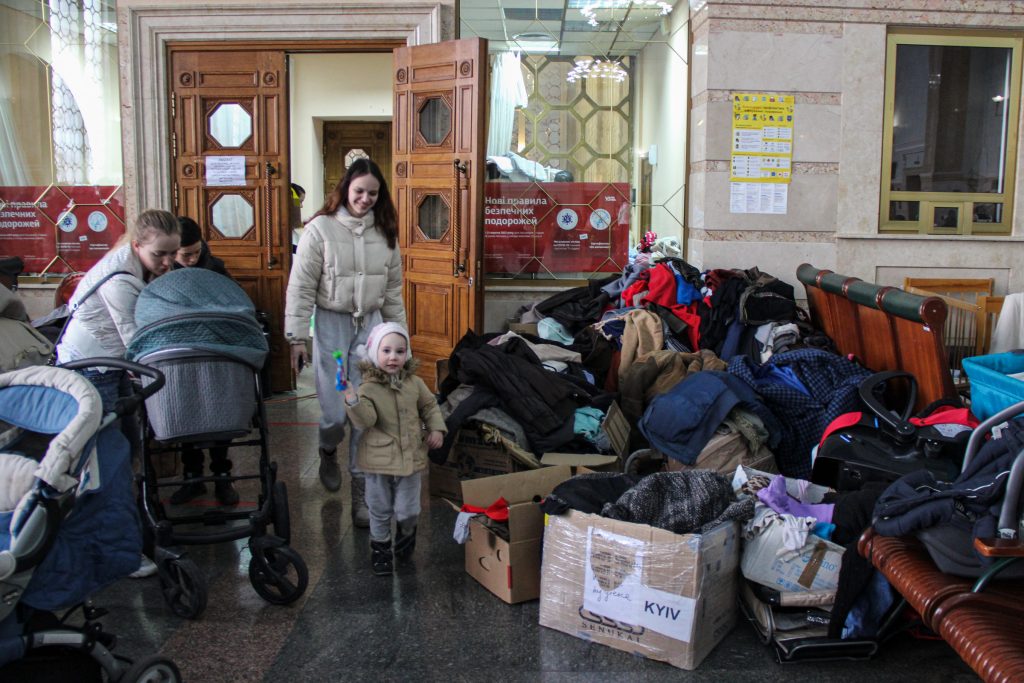
Francuzova said she is proud of Ukrainian Railways’ response to the crises and is happy to be a part of the team. In any capacity.
“I can do anything. I started my career at the railroad as a ticket clerk. Then I worked at the help desk, in the luggage room, and as a station operator,” she said.
“There is plenty of work at the country’s rail stations since they’ve turned into hubs for humanitarian aid.”
Humanitarian aid hubs
Railway stations across Ukraine have turned into help centers for everyone in need.
They offer food, shelter, clothes, everything an evacuee coming from a war hotspot might need.
Darya Kochukh, a marketer turned volunteer, is responsible for feeding all comers at Kyiv railway station.
“Some people say they have not had warm food for two weeks, others say they have not even seen a slice of bread,” she said.
“What calms me down is to see that these people are safe now and I helped them,” she goes on.
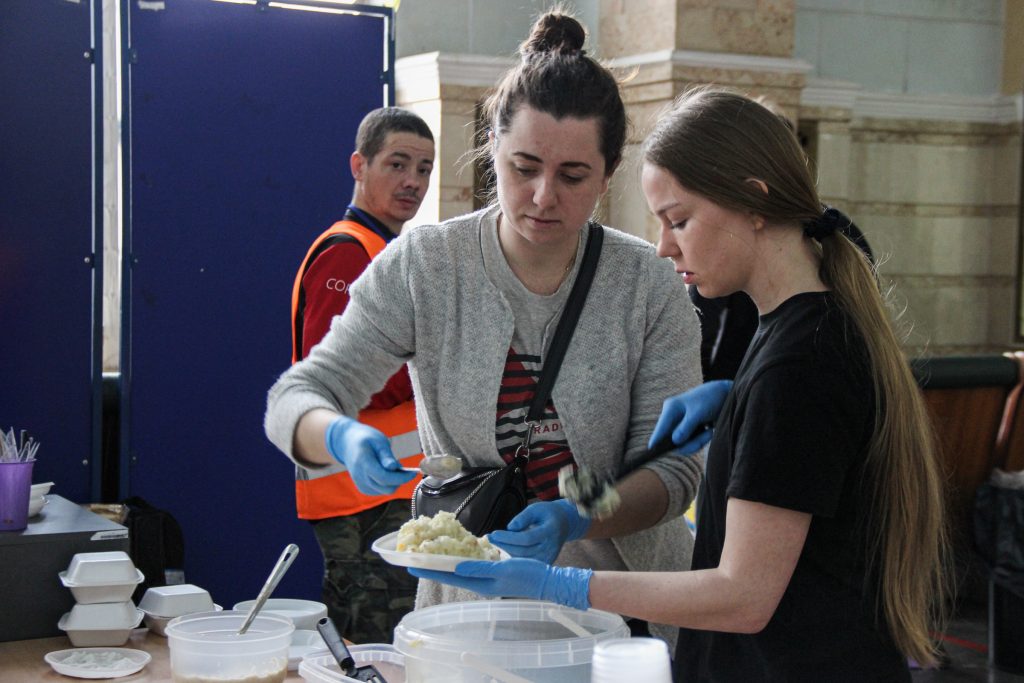
When the war broke Kochukh realized she needed to do something to help her country.
“Here at the railway station, there are always a lot of people, life is booming. You see how many people help and how many people seek help. This atmosphere pushes you to help more and more,” she said.
While Kochukh’s job is to ensure everyone has a bite of food, Anna Crocus’s focus is on helping the kids.
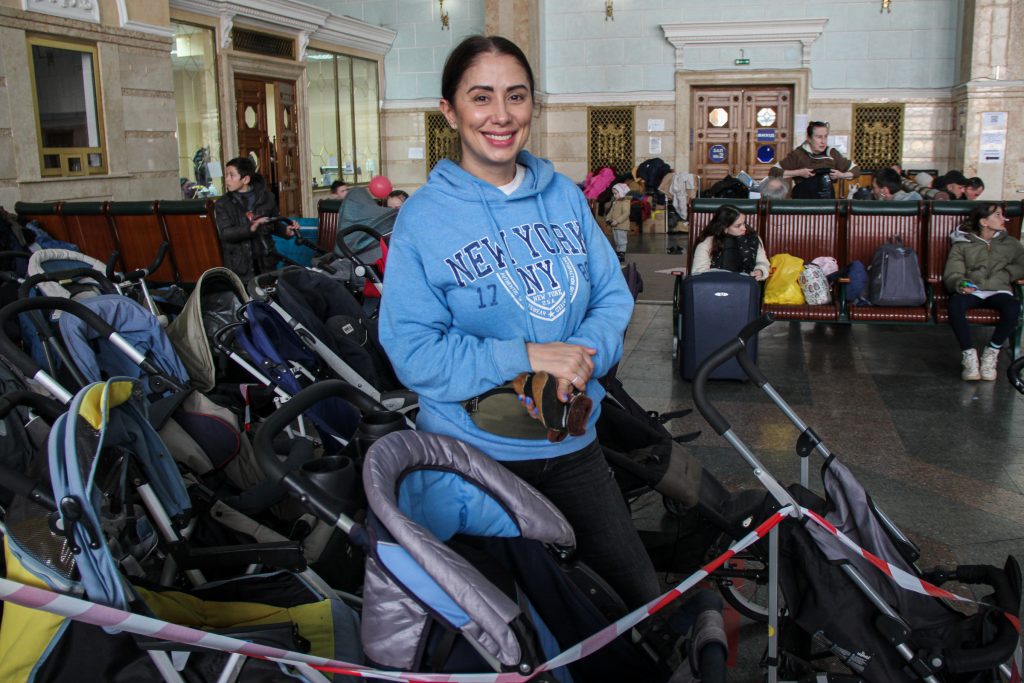
An owner of the tourism agency Crocus organized her friends to bring clothes, medicine, and baby carriages to the railway station for children arriving from the frontlines.
“There were kids from Irpin and Bucha,” referring to war hotspots near Kyiv, “a girl was fully wet as she had to walk through the water to the evacuation bus.”
“There was a little boy of six or seven, Vanichka….He said: ‘Mom was killed yesterday’. It was a horror here in the first days,” she went on.
“I think I must have learned to cry inside. As you do not want to show people that you are upset. You want to cheer them up somehow,” Crocus said.
Soon, aid started arriving from all over the globe. There was so much of it that the volunteers started sending aid to the frontlines.
“In the first days we had 10-20 tons of aid coming every day from local people and from abroad. From Poland, Italy,” Petro Stetsiuk, head of Kyiv railway station said.
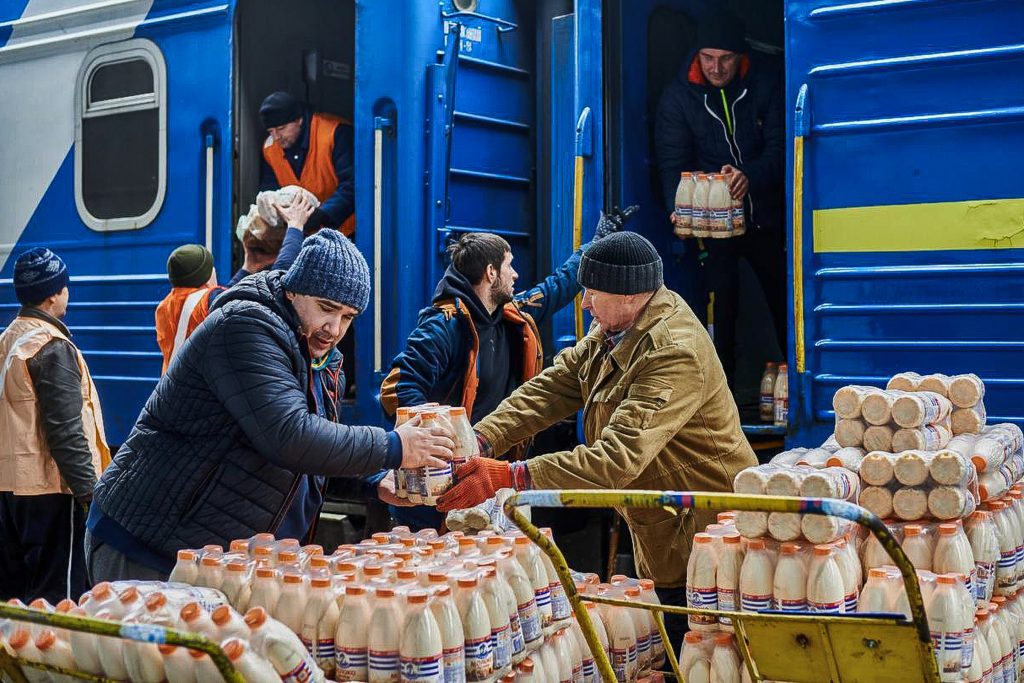
The railway repurposed its halls, turning some into baby care rooms, others into storage for humanitarian aid.
“Often passengers help to unload trains carrying aid,” Stetsiuk said, highlighting how Ukrainians have stepped up to help each other in a time of crisis.


